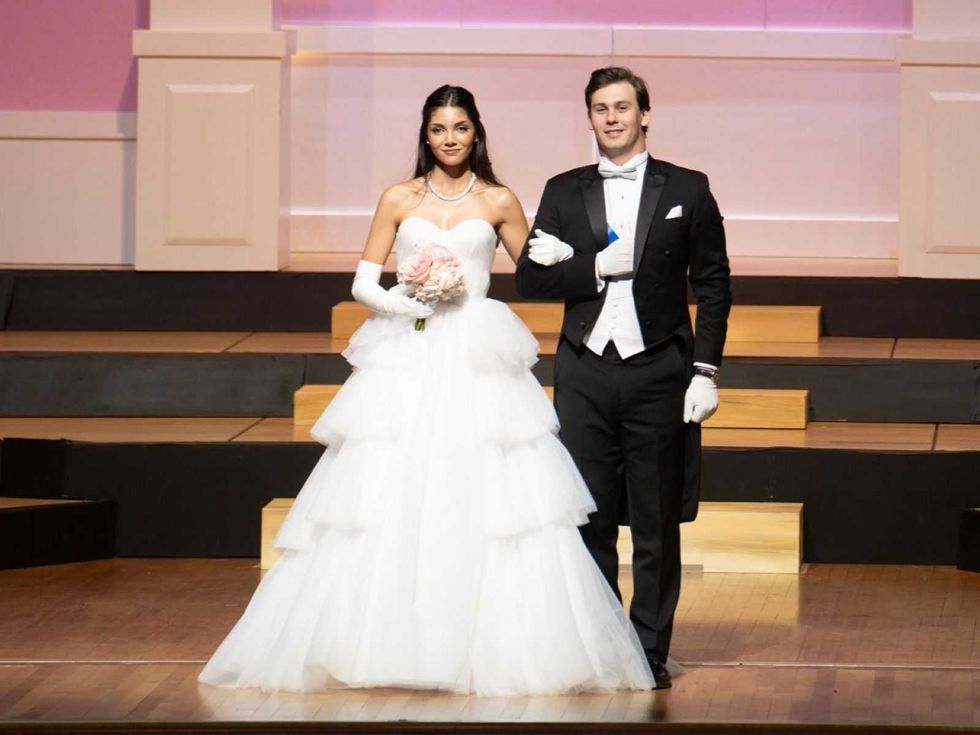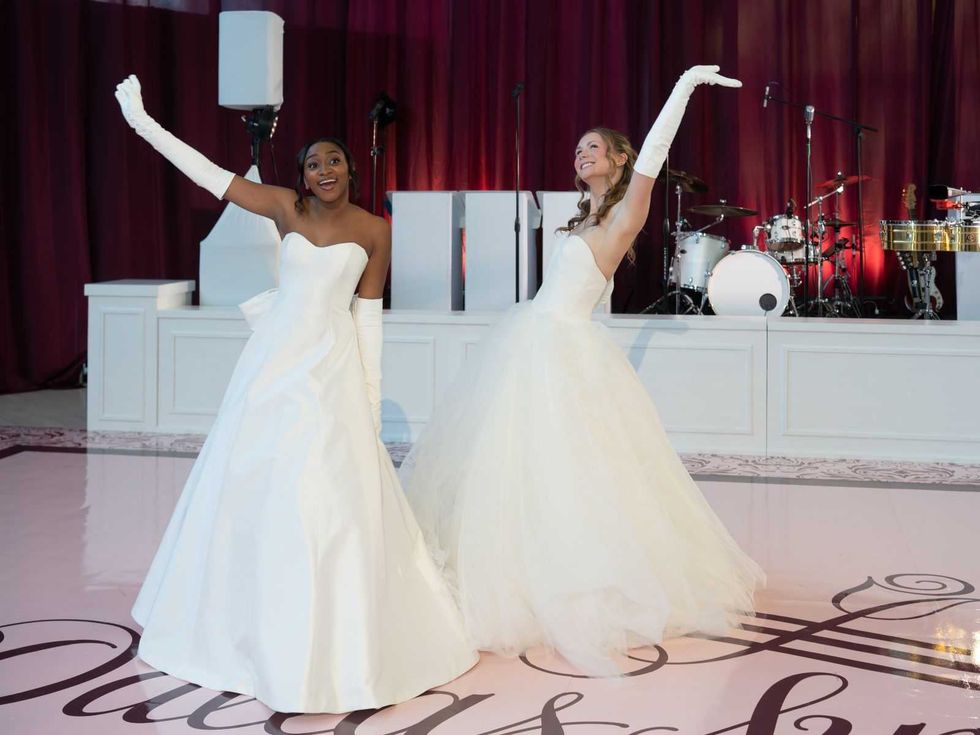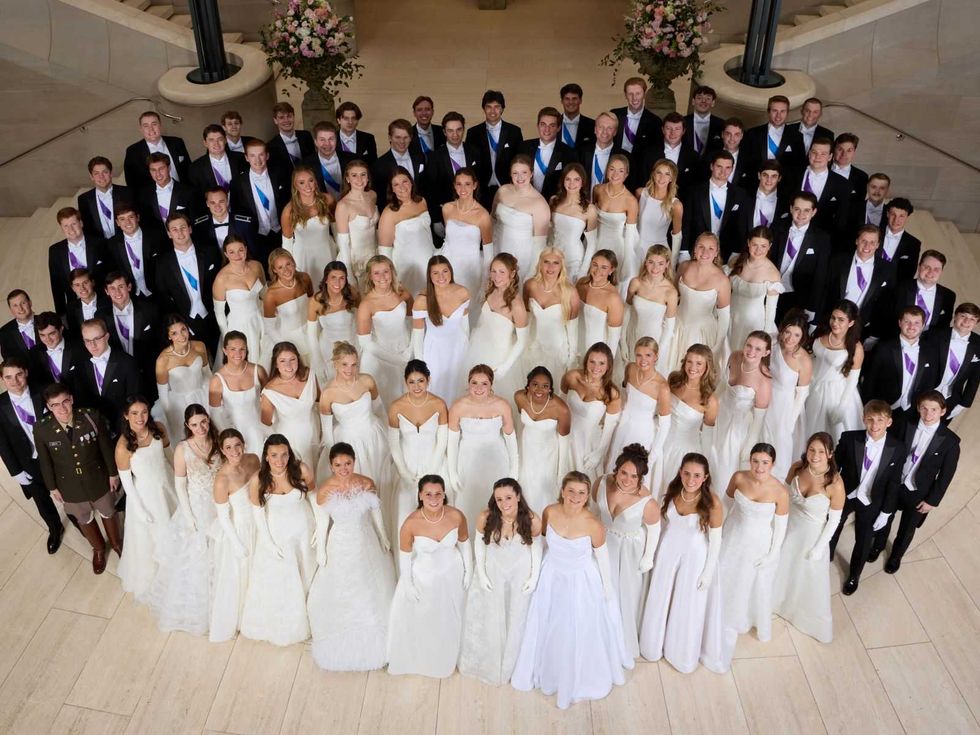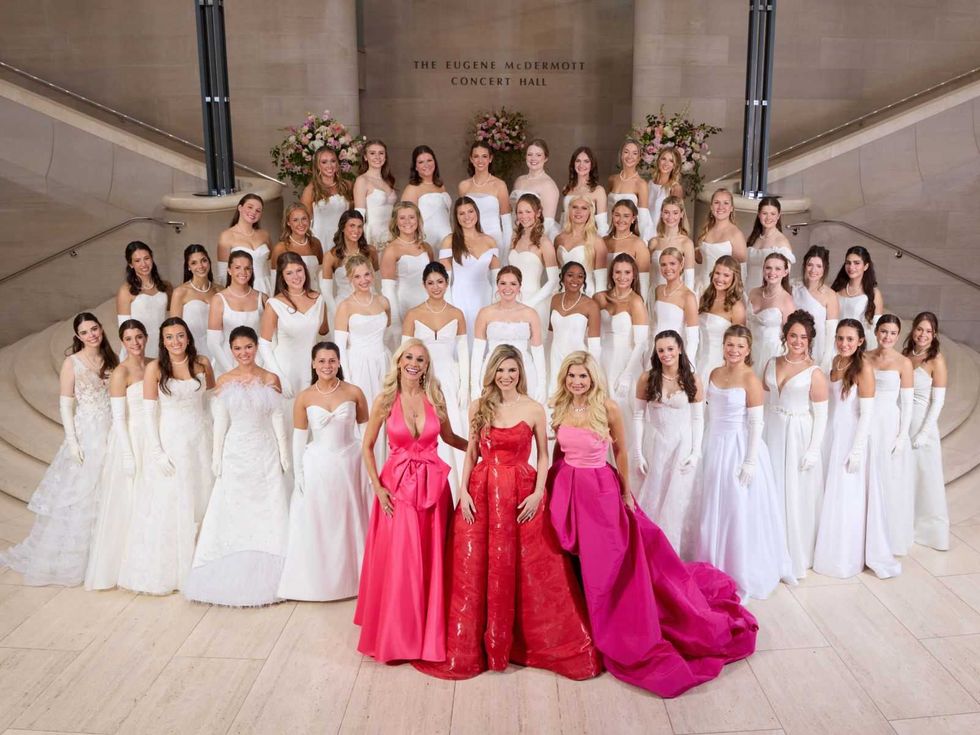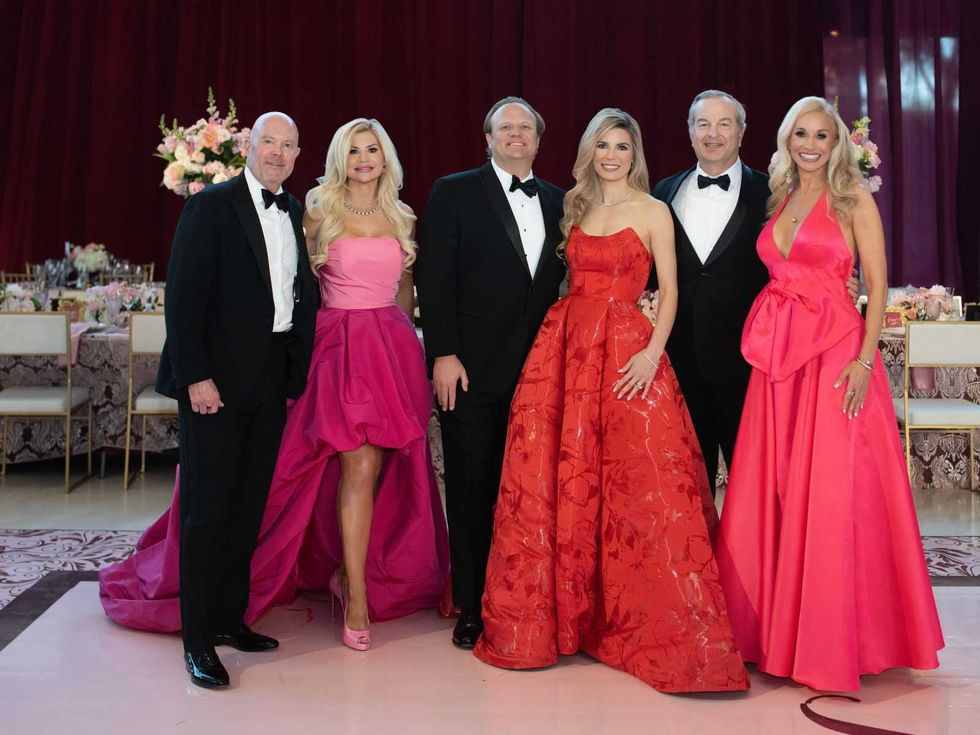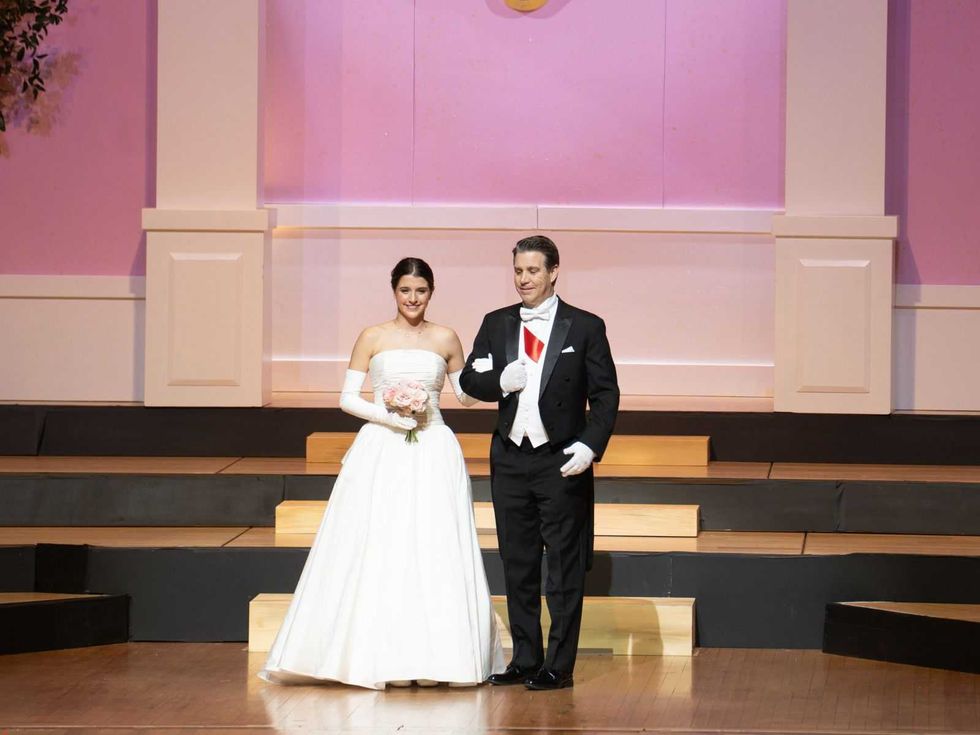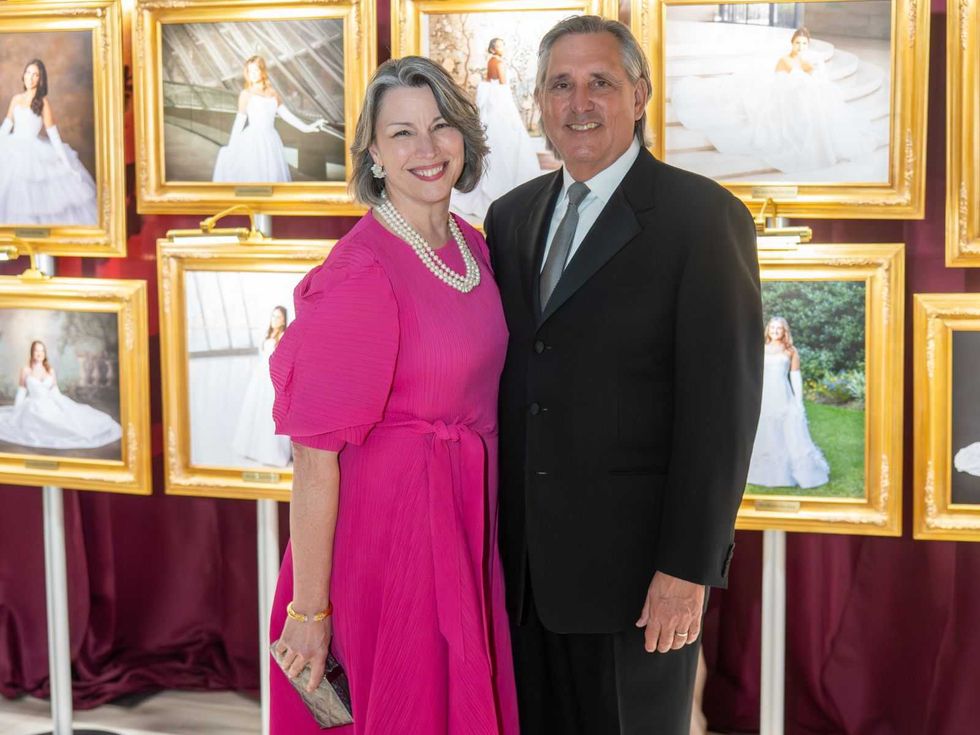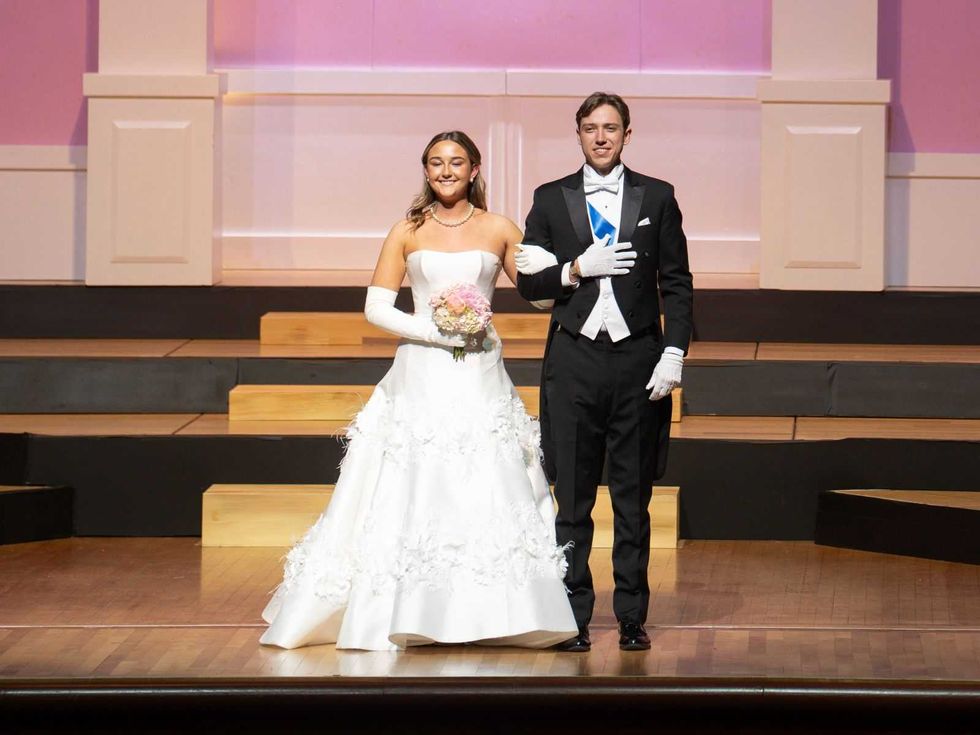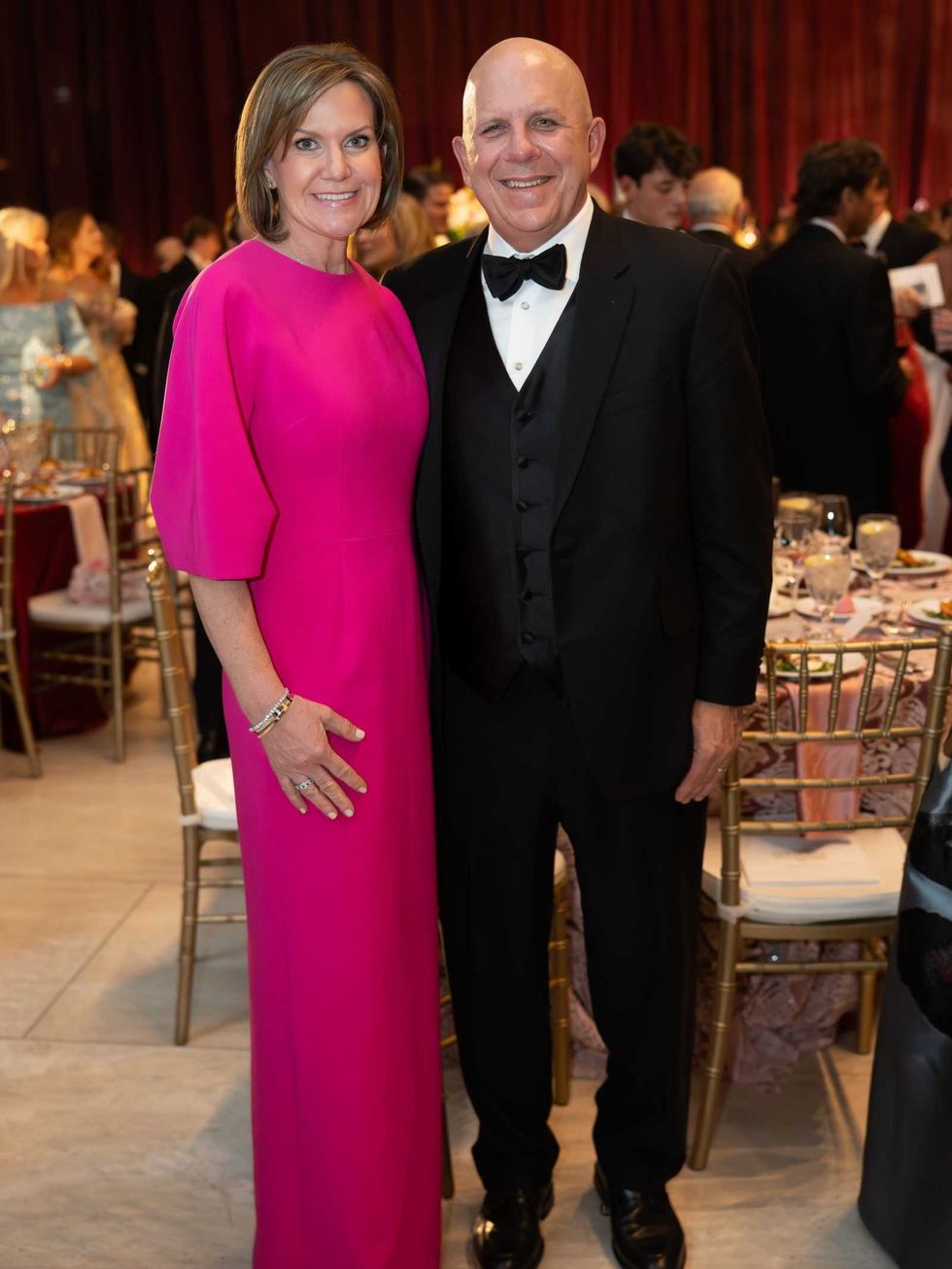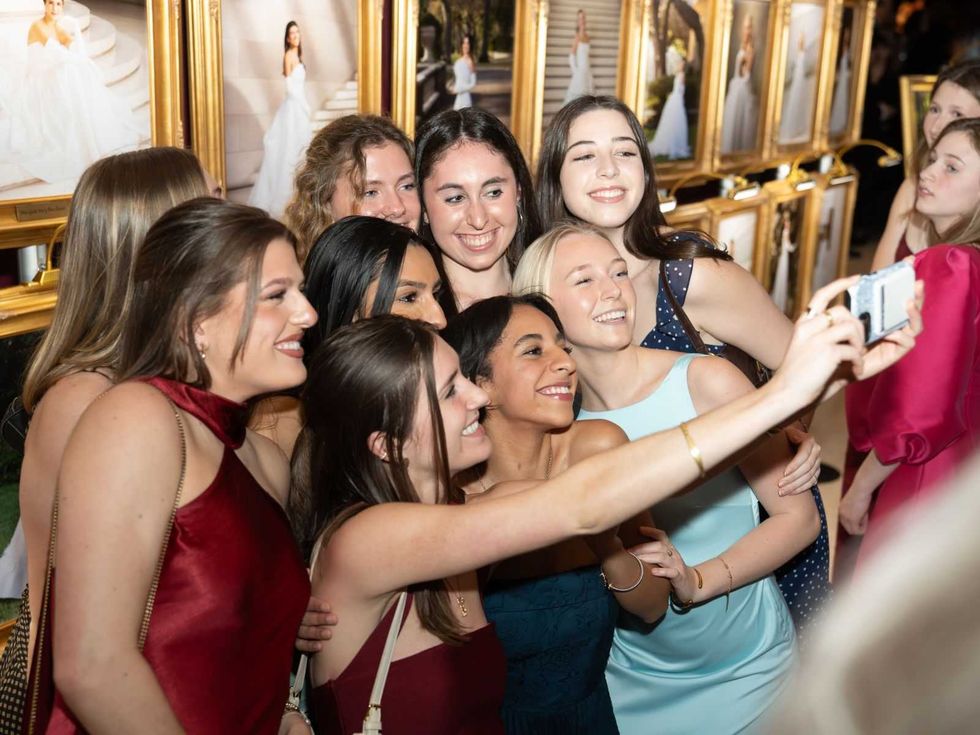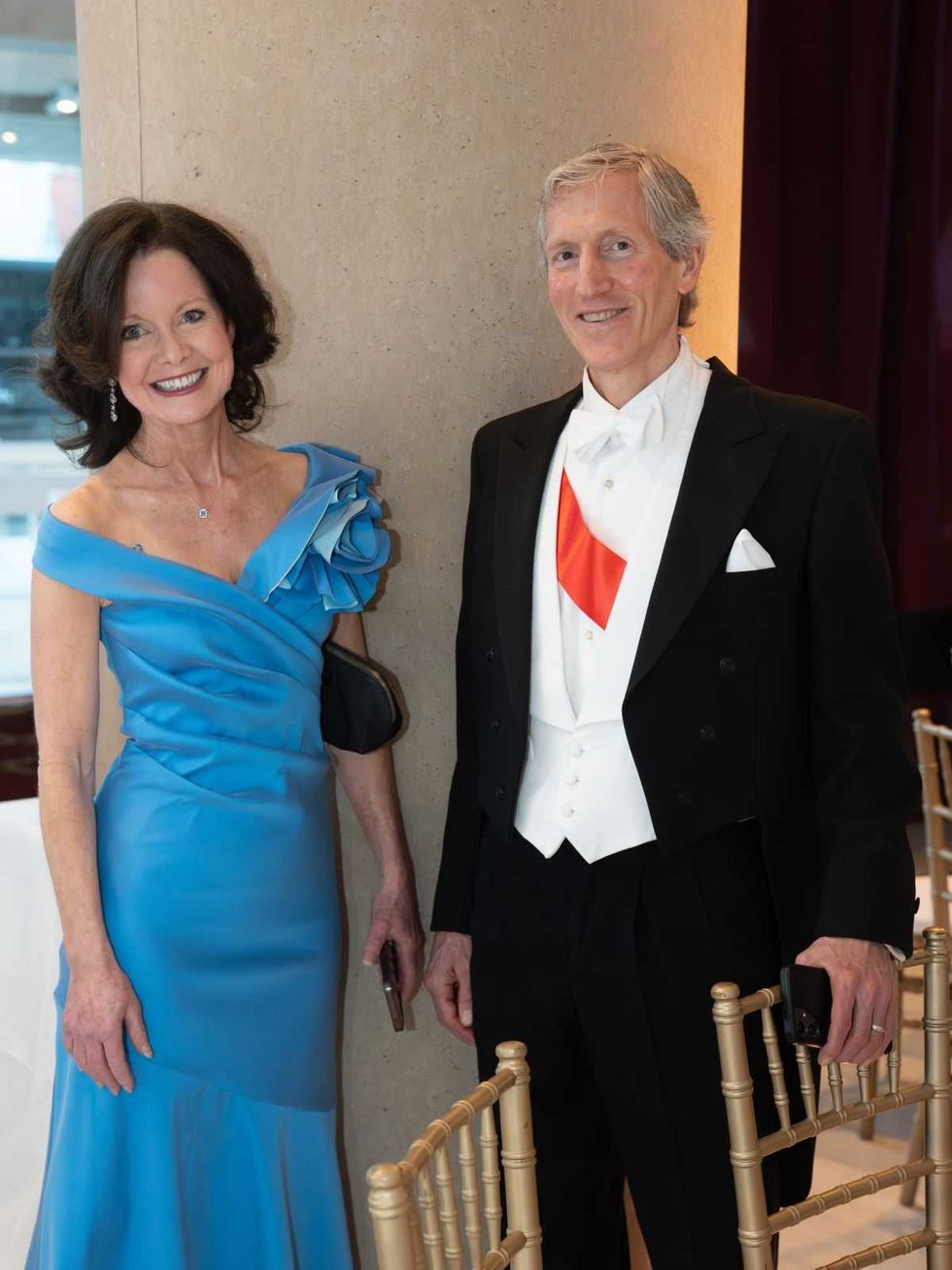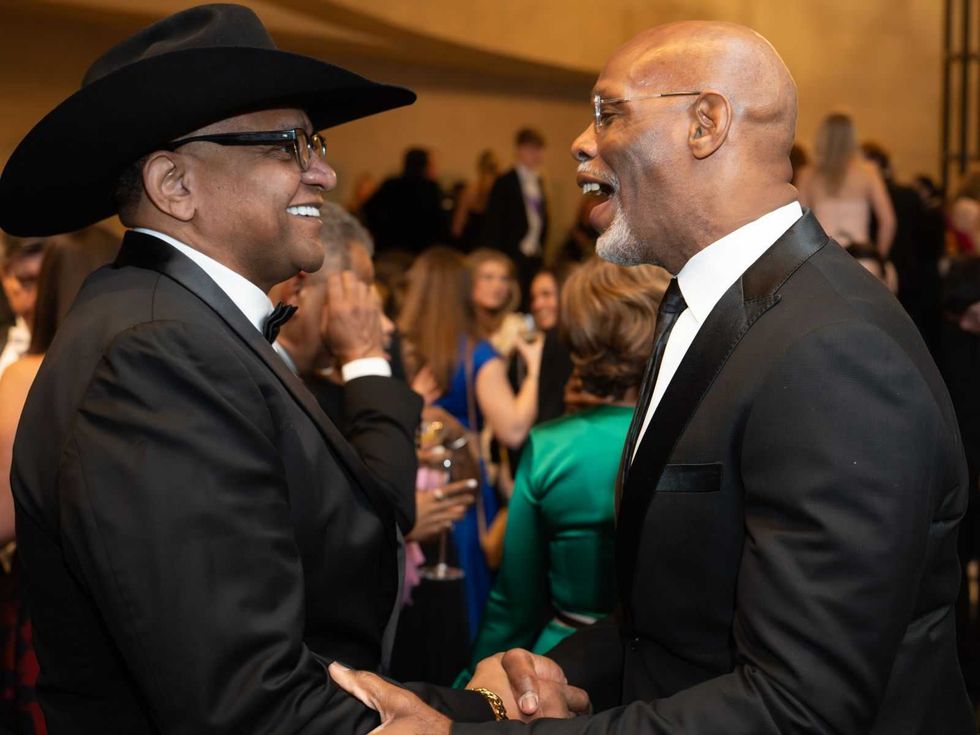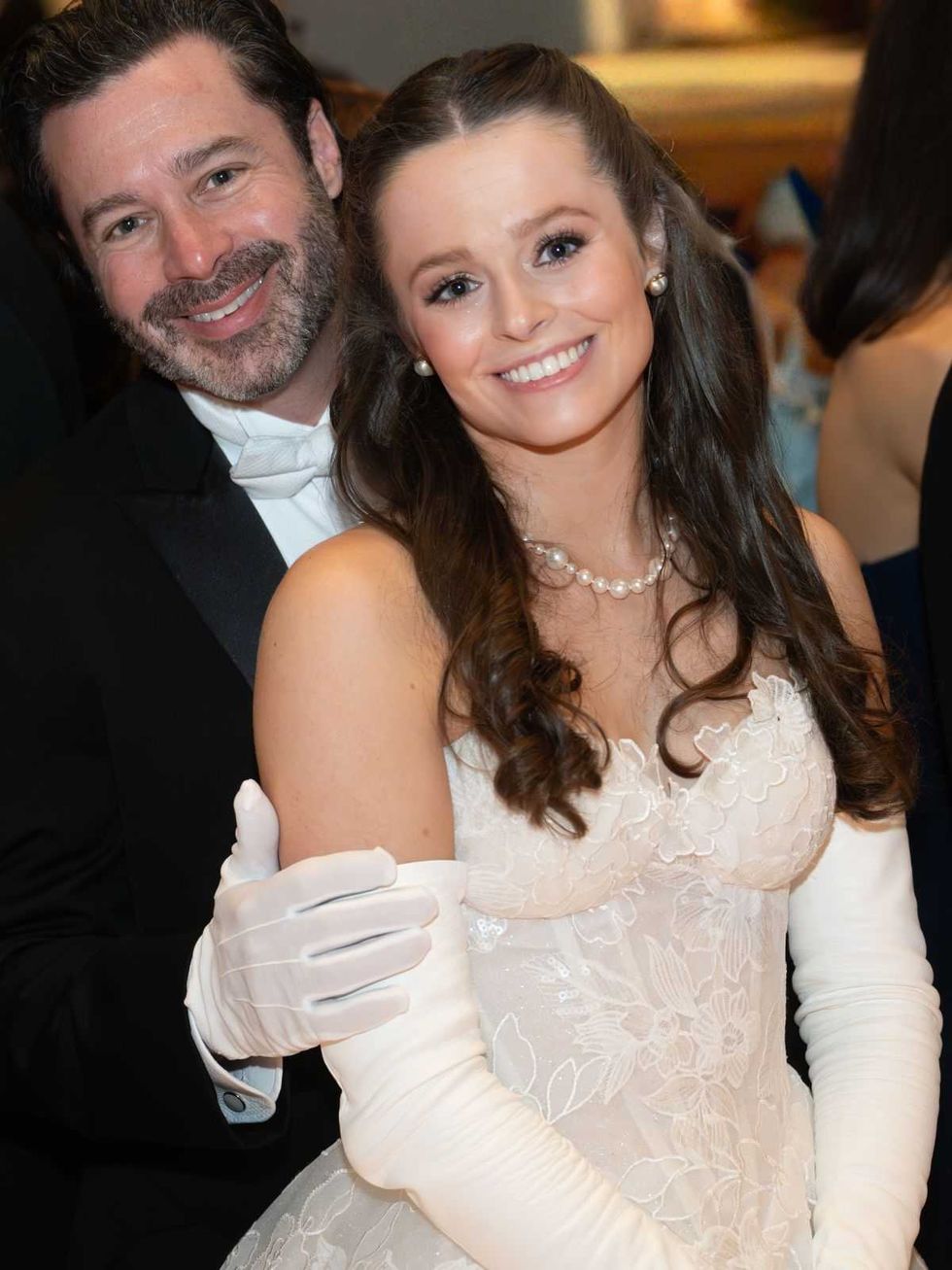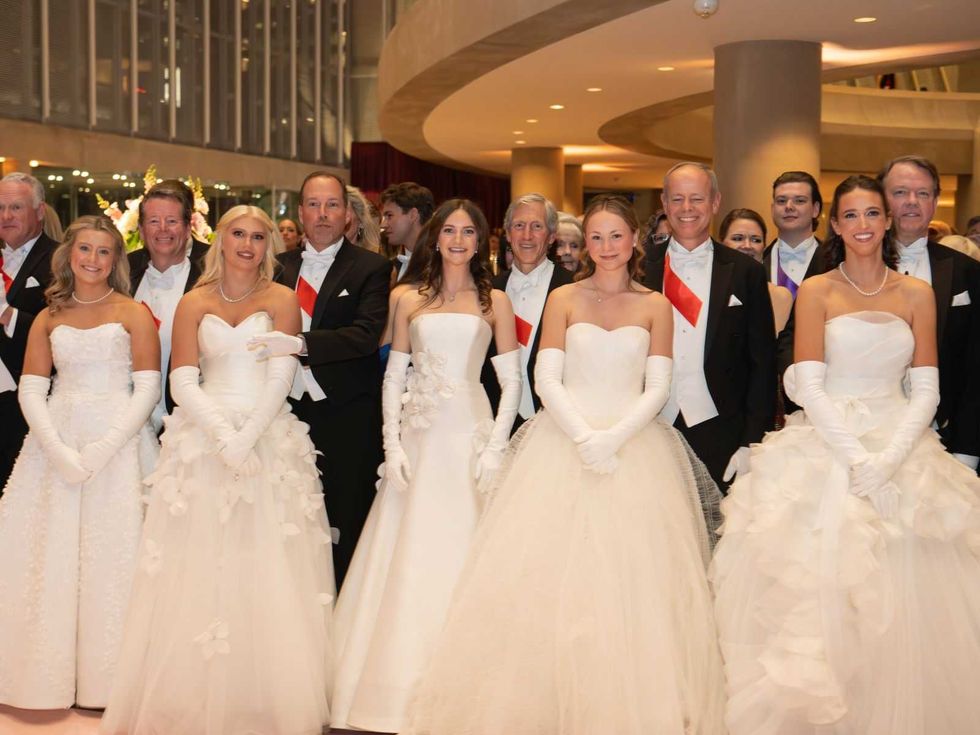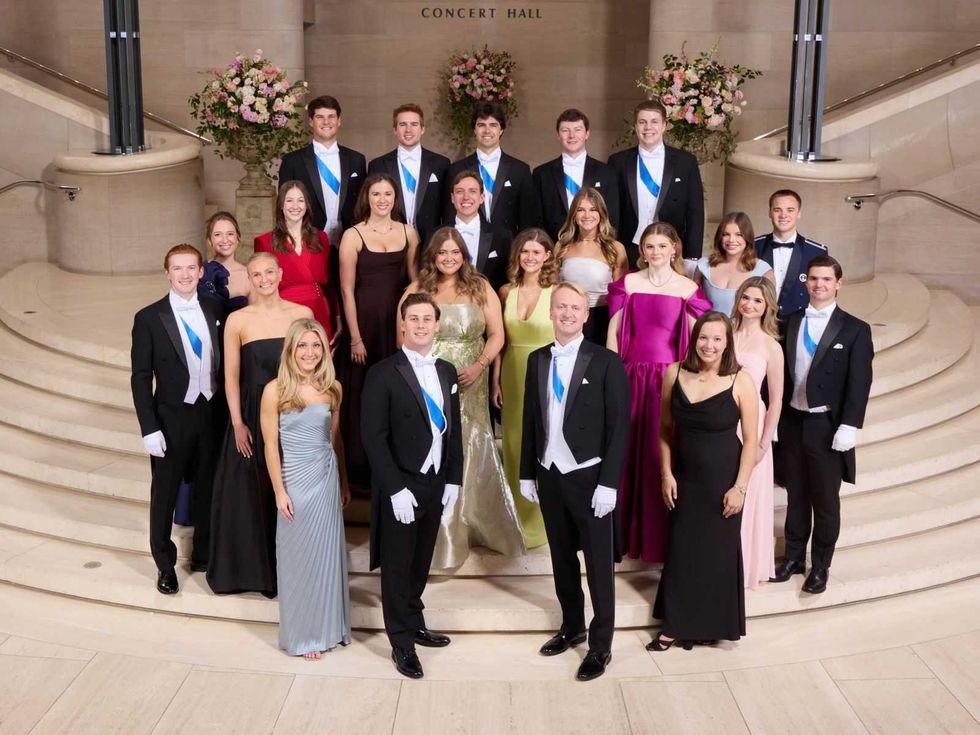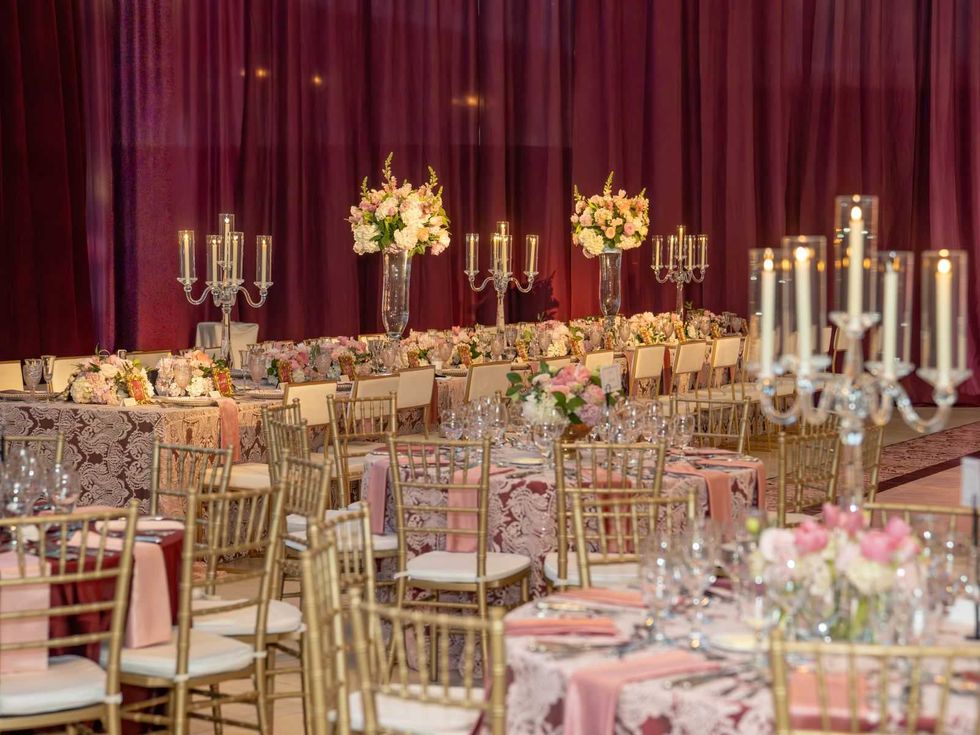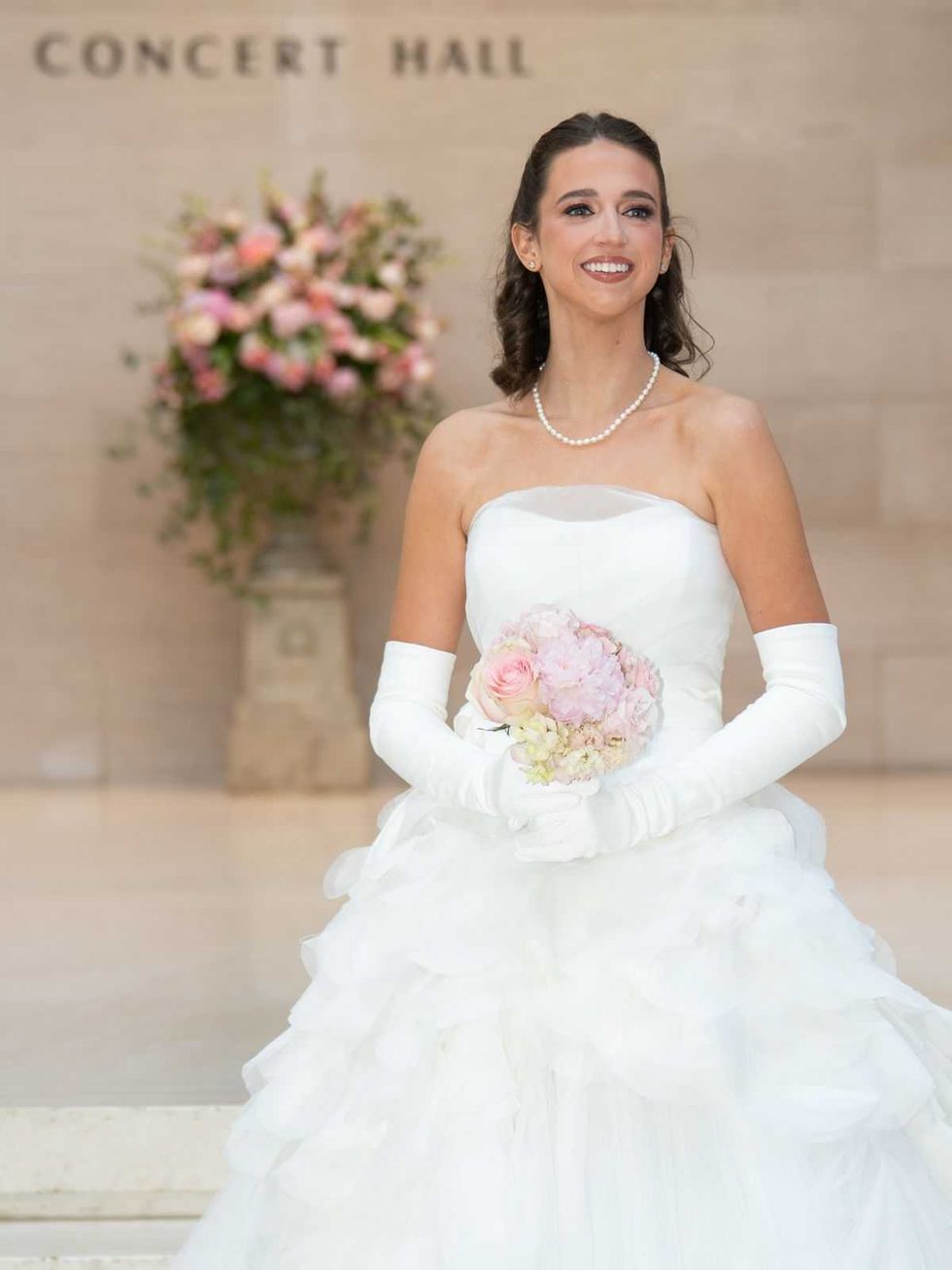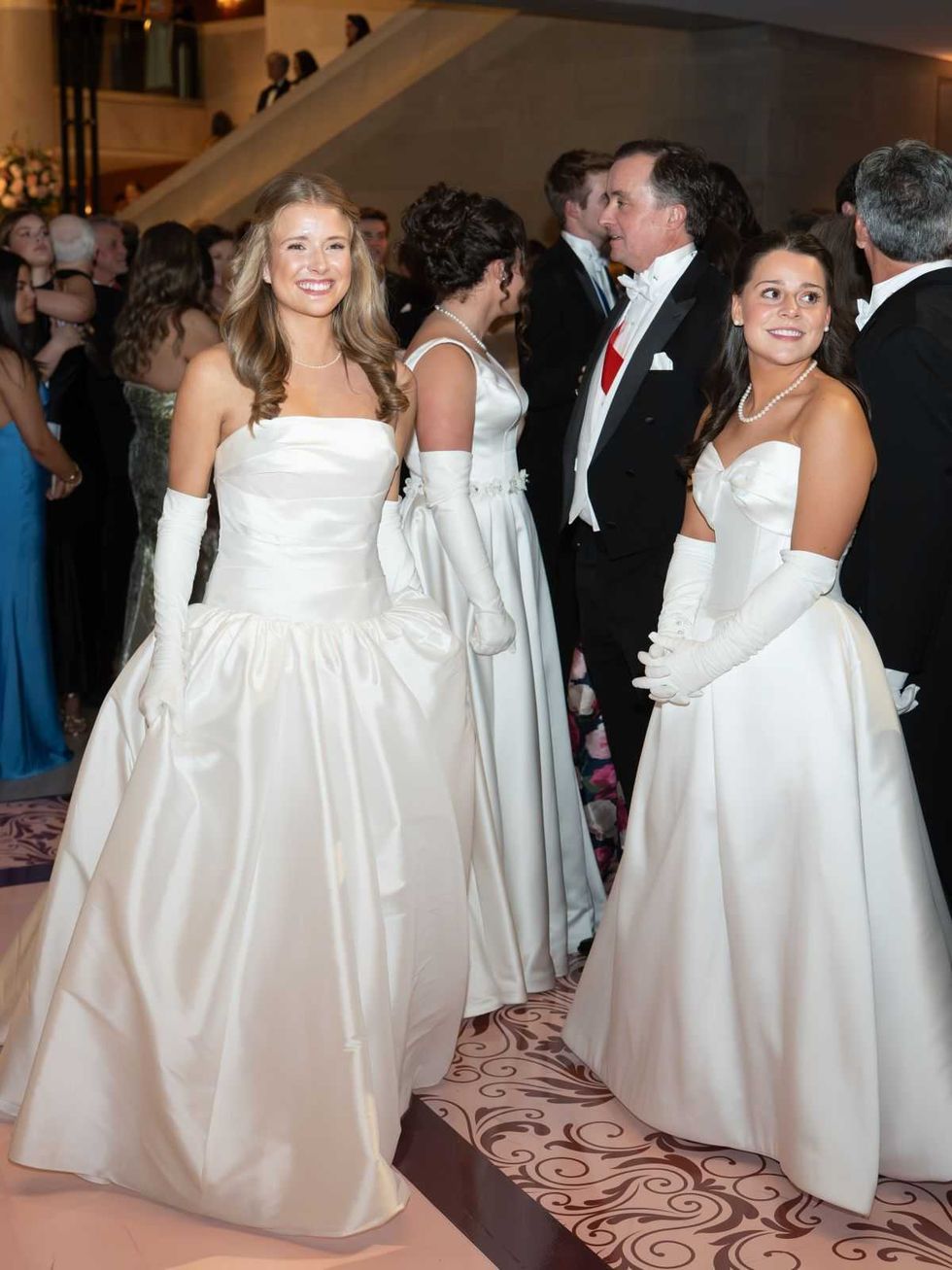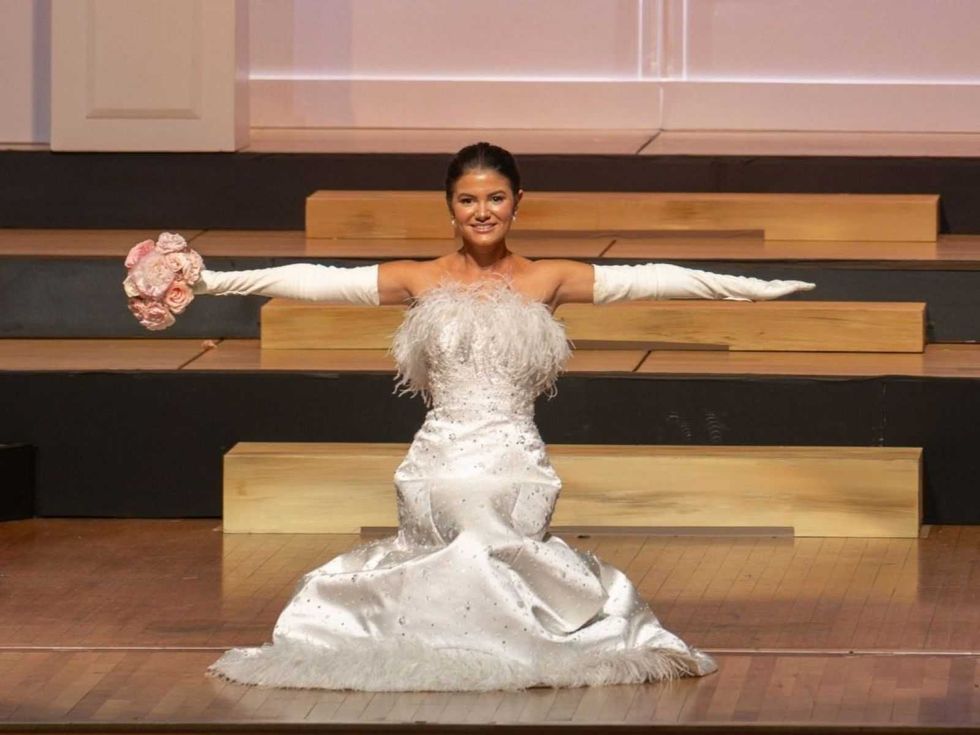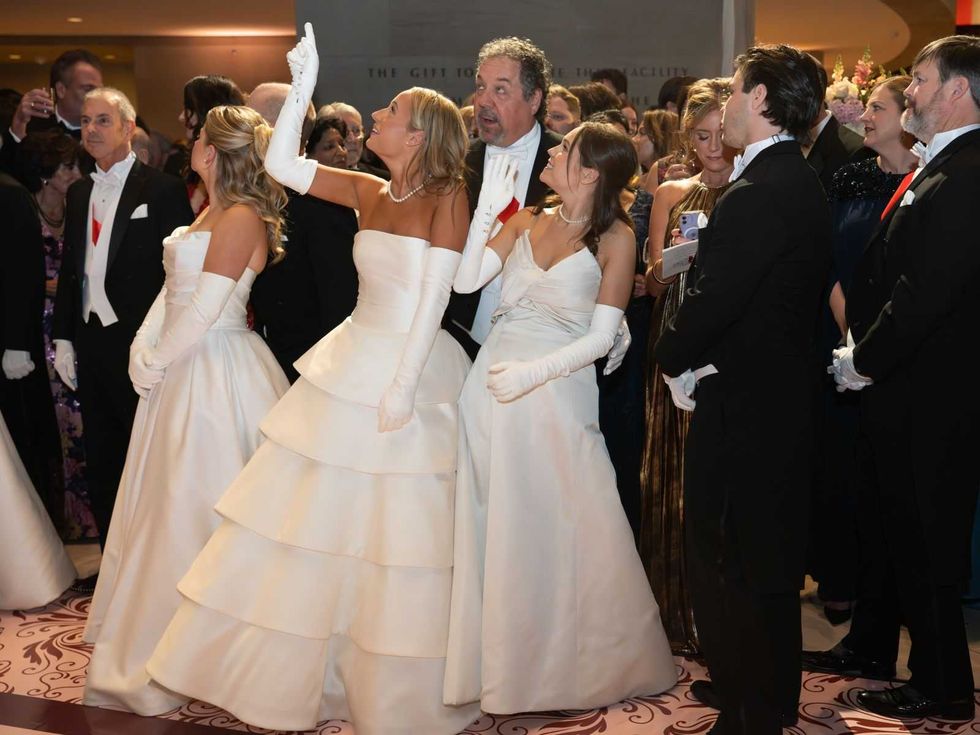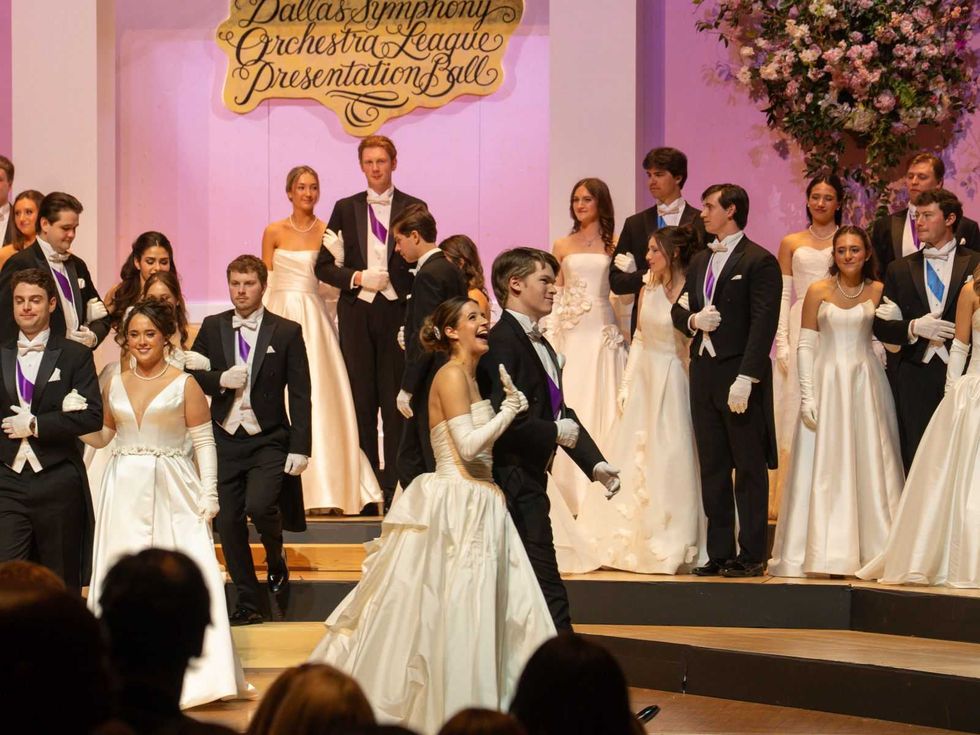The CultureMap Interview
Hope for Humanity Award recipient Don Glendenning talks charity and changing theworld
 Don and Carol Glendenning have been married for 33 years.Photo courtesy of Don Glendenning
Don and Carol Glendenning have been married for 33 years.Photo courtesy of Don Glendenning- Don Glendenning, pictured here at the 2013 TACA Silver Cup recipientannouncement, says much of his social life revolves around charitable causes.Photo by Dana Driensky
On October 30, Don Glendenning will receive the 2012 Hope for Humanity Award from the Dallas Holocaust Museum. By day, Glendenning is a corporate securities attorney at Locke Lord. But on nights and weekends, he’s fighting injustice and promoting human rights.
Glendenning is involved with the Parkland Foundation, the Human Rights Initiative of North Texas and Thanksgiving Square, among many others.
“An incredibly high percentage of my free time is dedicated to my charities,” says Glendenning, who spends around 1,000 hours annually on pro-bono cases. “I do it with absolute joy and treat it with great urgency.”
We felt guilty taking up too much of Glendenning’s precious time, but he was gracious enough to grant us a brief interview about his life’s work.
CultureMap: Did you always know you wanted to be an attorney?
Don Glendenning: In my earliest years, I had a vague notion that I would enjoy being a teacher, and I still think that would be a very satisfying profession.
CM: How long have you been pursing charitable causes?
DG: That’s been a lifelong joy. I grew up in Celina, where there was no them, only us. After law school, I became a volunteer lawyer with a host of organizations. Causes and I have found each other ever since.
“Individually each of us can make a difference,” Glendenning says. “Collectively, we really can change the world,” Glendenning says.
CM: When did you realize the world was not a fair place?
DG: I recognized before first grade that the world was not as good of a place that it should be and that most of us could do more to make it a fairer place. The quest for social justice is part of what drew me to become a lawyer.
CM: Do you have a most memorable case?
DG: The public private partnership we have with the Dallas Zoo is something I worked on for two decades, unsuccessfully at first. I view zoos as the new town square for large metropolitan areas. Ours is absolutely fabulous now. It’s a giant community asset. That partnership with the city has been an outrageous success.
CM: What’s the biggest decision you’ve made in your life?
DG: To persuade my wife, Carol, to marry me. We’ll have our 33rd anniversary in December. I’m a very fortunate fellow.
CM: What is biggest problem facing the world today?
DG: There are plenty of candidates. But I don’t think there is a bigger problem than the failure of persons of goodwill to understand and accept one another.
“Dallas doesn’t give up,” Glendenning says. “Dallas sees solutions to problems and has a can-do attitude
CM: What’s your advice for people who say, “I want to make the world a better place, but where do I start?”
DG: Volunteer. Donate. One of the great strengths of our country is its philanthropic culture. There are as many needs and challenges as there are persons on the planet.
One of the wonderful things about all of the avenues that are available to provide aid and make the world a better place is that there almost certainly exists a charity that is designed to address an issue that’s pressing to you. If there’s not, you can create one. Individually each of us can make a difference. Collectively, we really can change the world.
CM: What does Dallas do well?
DG: Dallas doesn’t give up. Dallas sees solutions to problems and has a can-do attitude. This is not a community that says there will always be homelessness so we don’t need to worry about it, or there will always be hunger so there’s no need to try to stop it. We do exactly the opposite and to magnificent results.
CM: What does Dallas need to do better?
DG: I give Dallas exceedingly high marks in the charitable realm. It is a city that evolves continually and with a positive attitude. We’ve had amazing progress in the last 30 years. We’re beginning to care more about our public spaces. The next step is a quality of life focus and addressing social justice issues. It makes me incredibly excited about living in Dallas at this time.

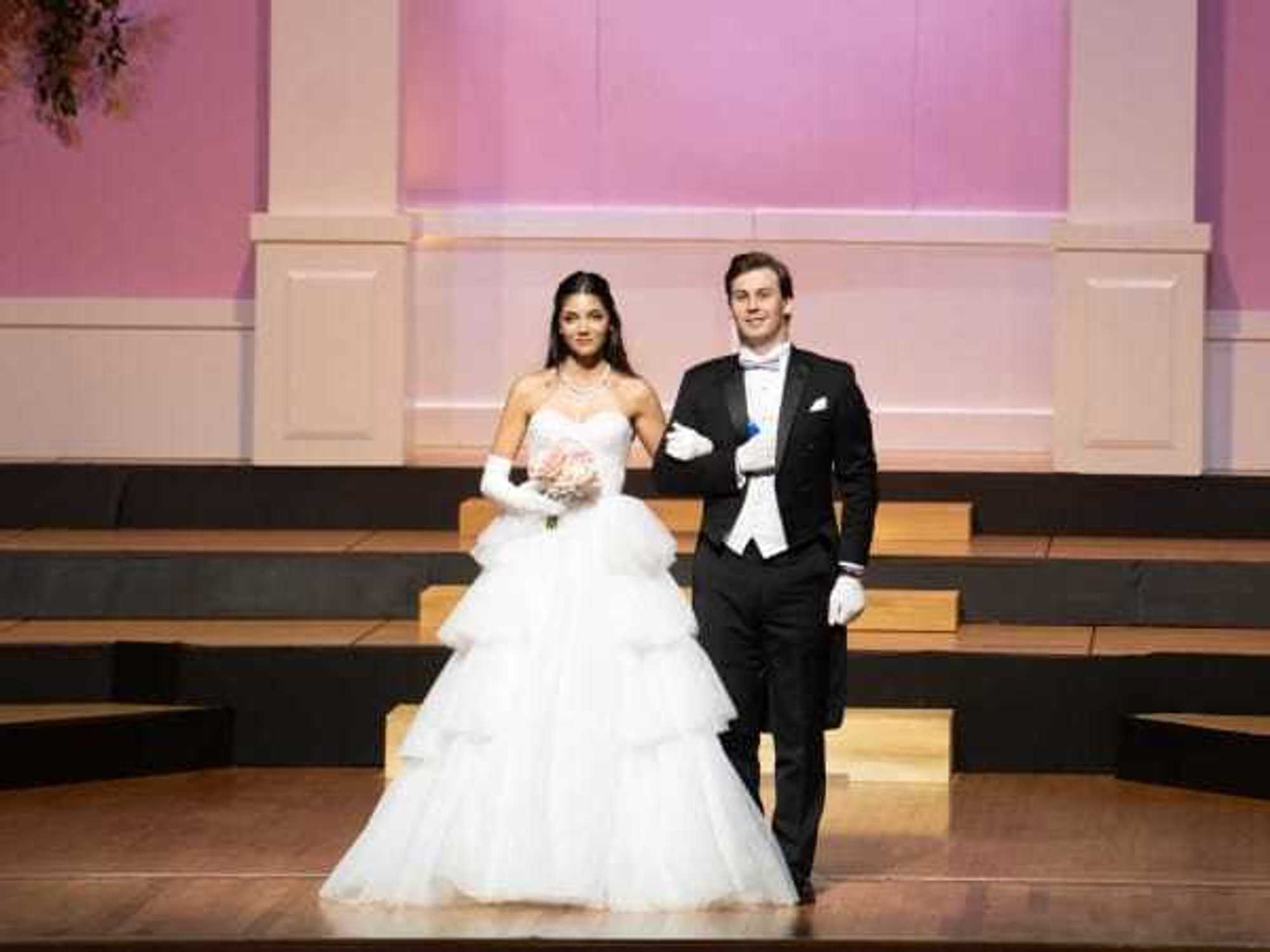
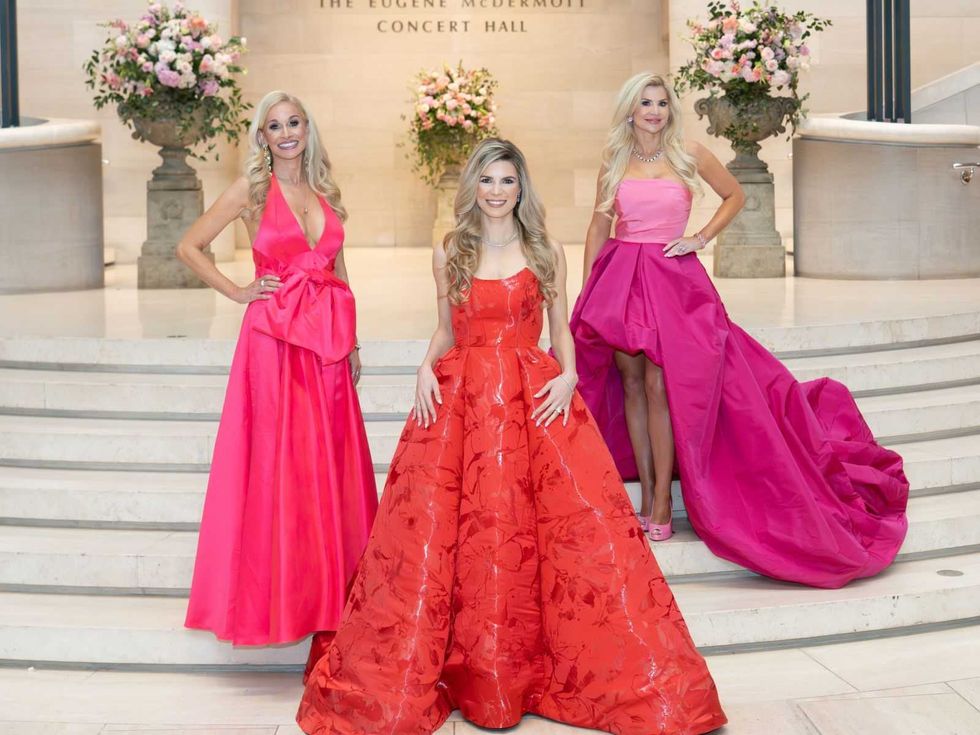 Maggie Kipp, Claire Catrino, Kristin HallamPhoto by Danny Campbell
Maggie Kipp, Claire Catrino, Kristin HallamPhoto by Danny Campbell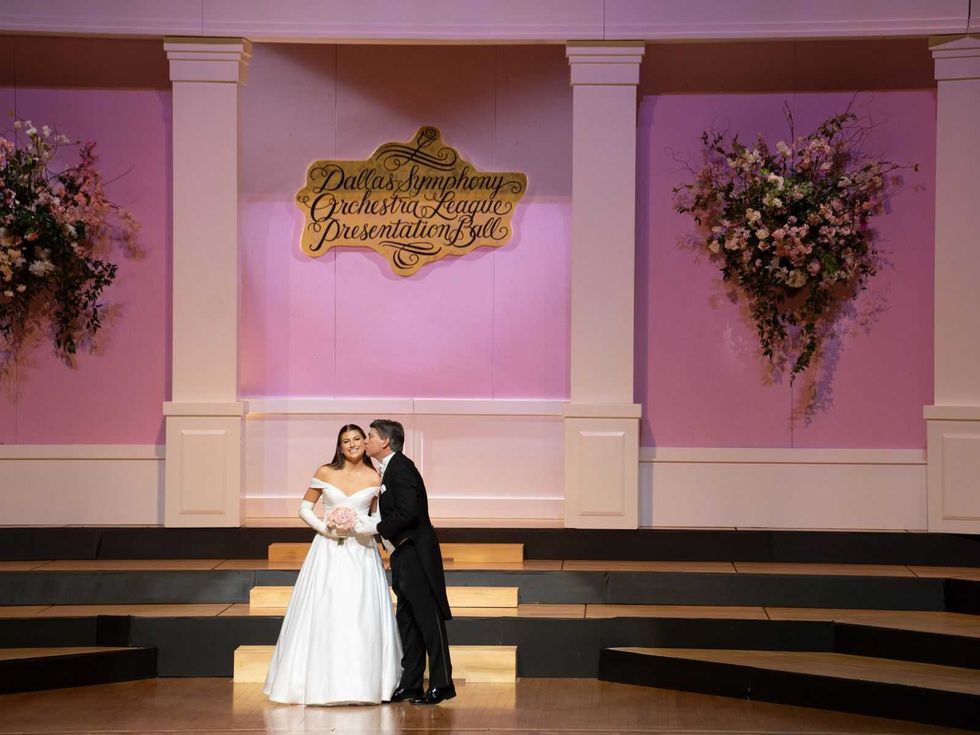 McKenna Harvey presented by John Harvey on the stage, bathed in pink light.Photo by Danny Campbell
McKenna Harvey presented by John Harvey on the stage, bathed in pink light.Photo by Danny Campbell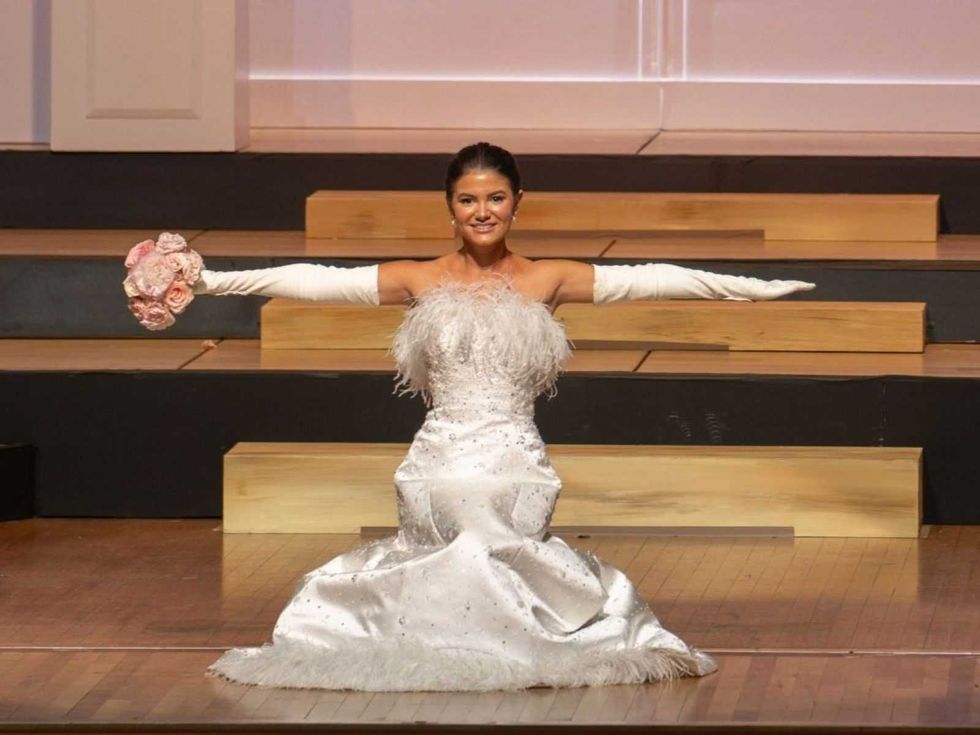 Olivia Lange takes her bow.Photo by Danny Campbell
Olivia Lange takes her bow.Photo by Danny Campbell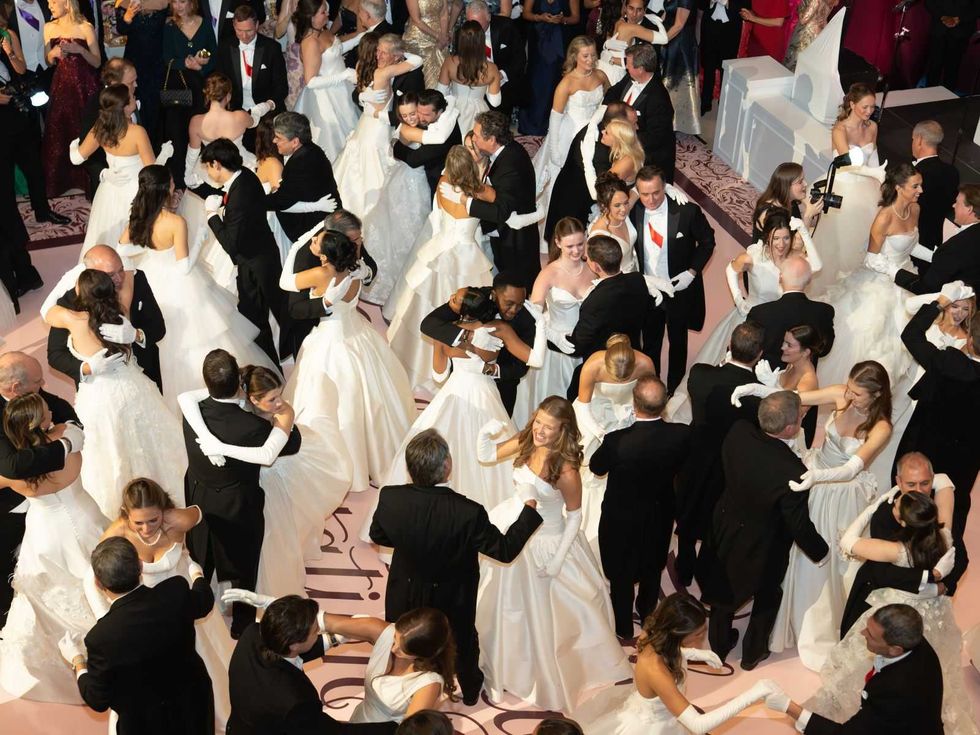 The debs dance with their dads.Photo by Danny Campbell
The debs dance with their dads.Photo by Danny Campbell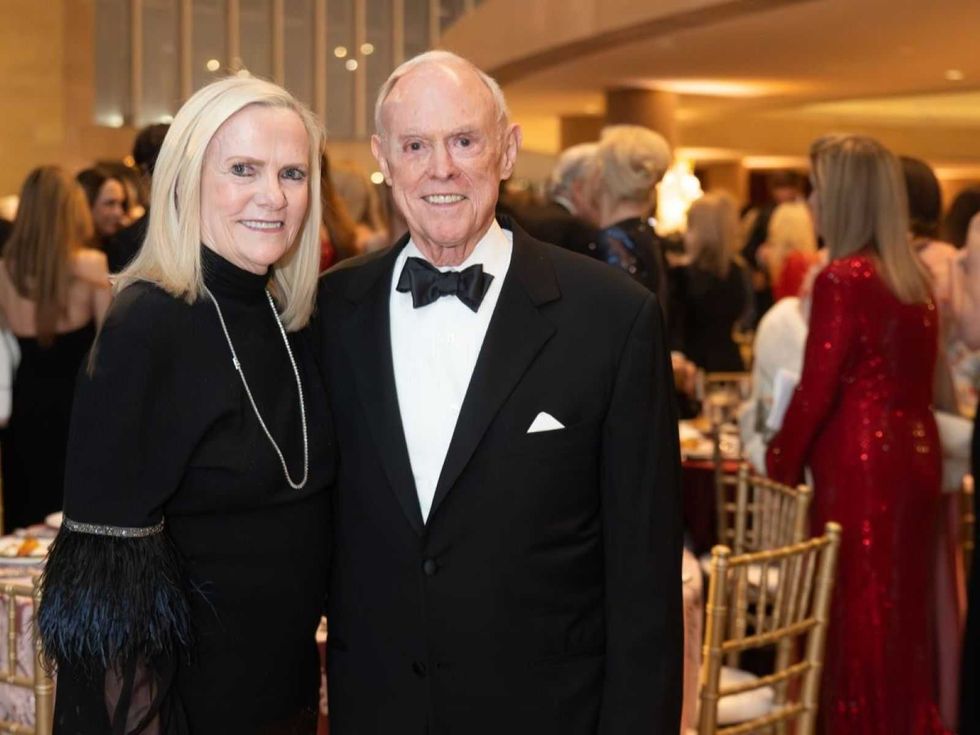 Honorary chairs Fanchon and Howard Hallam.Photo by Danny Campbell
Honorary chairs Fanchon and Howard Hallam.Photo by Danny Campbell